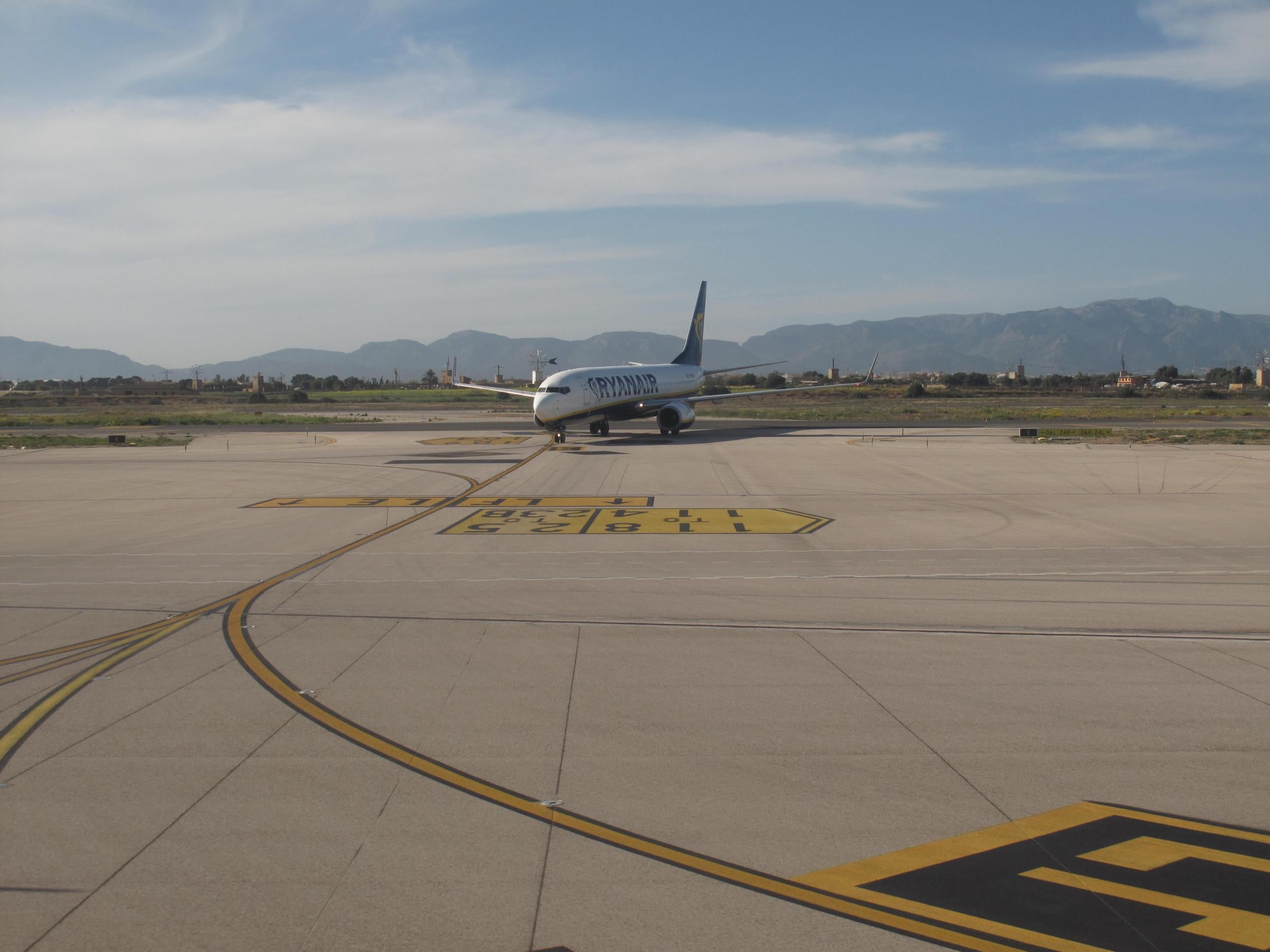Ryanair warns: we'll move our planes out of Britain unless there's an open skies deal
Airline predicts summer 2017 fares will fall 5%, with winter prices 8% down

Your support helps us to tell the story
From reproductive rights to climate change to Big Tech, The Independent is on the ground when the story is developing. Whether it's investigating the financials of Elon Musk's pro-Trump PAC or producing our latest documentary, 'The A Word', which shines a light on the American women fighting for reproductive rights, we know how important it is to parse out the facts from the messaging.
At such a critical moment in US history, we need reporters on the ground. Your donation allows us to keep sending journalists to speak to both sides of the story.
The Independent is trusted by Americans across the entire political spectrum. And unlike many other quality news outlets, we choose not to lock Americans out of our reporting and analysis with paywalls. We believe quality journalism should be available to everyone, paid for by those who can afford it.
Your support makes all the difference.Europe’s biggest budget airline has warned it could move its planes out of the UK if no post-Brexit aviation deal is reached by next year.
Ryanair has almost 90 aircraft based at British airports, and flies them to dozens of European destinations under the EU “Open Skies” agreement.
Announcing its first quarter results, the Irish airline warned: “There may not be sufficient time, or goodwill on both sides, to negotiate a timely replacement bilateral.
“If we do not have certainty about the legal basis for the operation of flights between the UK and the EU by autumn 2018, we may be forced to cancel flights and move some, or all, of our UK based aircraft to Continental Europe from April ’19 onwards.”
Ryanair campaigned strongly for a Remain vote in the EU referendum.
The airline announced profits after tax of €370m (£332m) for April, May and June this year – up 55 per cent on the same spell last year.
Passenger numbers increased by 12 per cent to 35 million, but the total fuel bill actually fell due to the lower oil price.
Only seven or eight seats on the average 189-seat flight are empty; the airline reported a record load factor of 96 per cent.
Ryanair made a profit of over £10 for each passenger it flew, compared with £7.30 a year earlier. But the airline warned investors that earnings were flattered by Easter falling in April 2017; last year it was in March.
Offsetting this gain was weaker sterling and lower revenue from checked luggage, as passengers took advantage of recently relaxed rules that now allow two bags per person.
Ryanair also cut fares for “yield stimulation” in the wake of the terrorist attacks in Manchester and London.
The airline’s forecast for average fares is unchanged: a decline of 5 per cent between April and September 2017, and an 8 per cent decline between October 2017 and March 2018.
On Thursday easyJet upgraded its profits forecast after showing a strong improvement in revenue per seat.
According to the Irish Independent, Aer Lingus has warned that it may not be able to continue to charge higher fares than its giant rival, Ryanair.
The Irish flag-carrier has made a confidential submission to the Labour Court in Dublin as it seeks to counter a trade union demand for a 5 per cent pay rise in each of the next three years.
Aer Lingus said Ryanair’s “Always Getting Better” campaign is “proving successful in changing perceptions of its brand but also putting more pressure on Aer Lingus in terms of justifying the premium it charges”.
It added: “Ryanair's cost base is less than half the level of Aer Lingus.”
The airline is part of the IAG conglomerate, and a sister airline to British Airways.
Join our commenting forum
Join thought-provoking conversations, follow other Independent readers and see their replies
0Comments